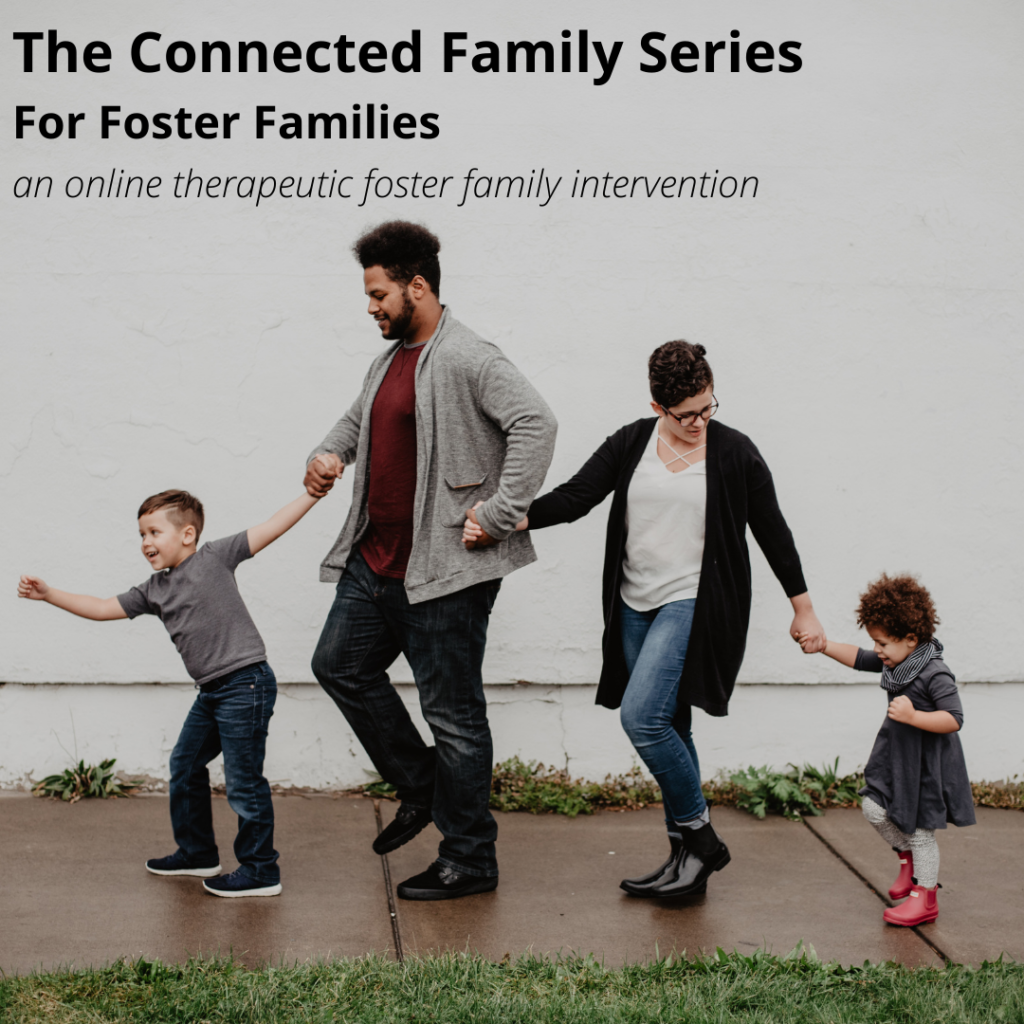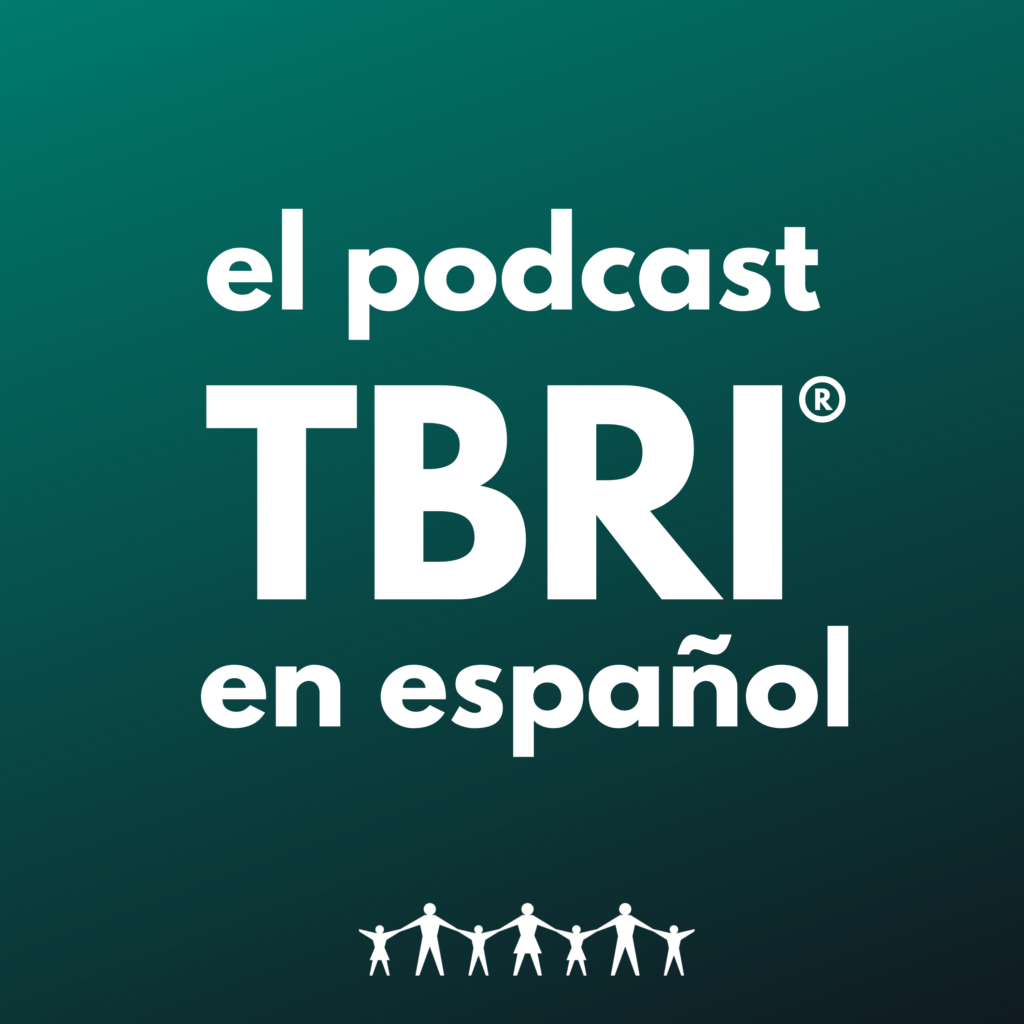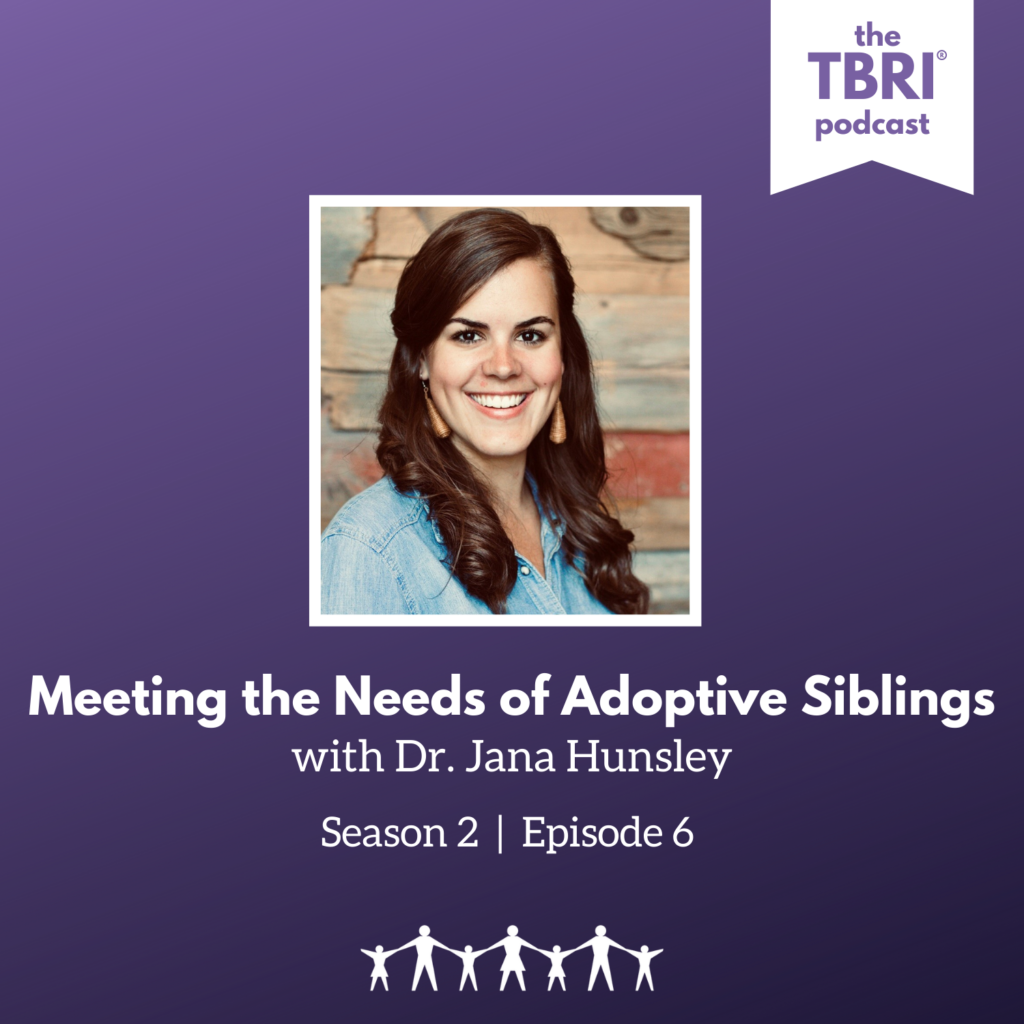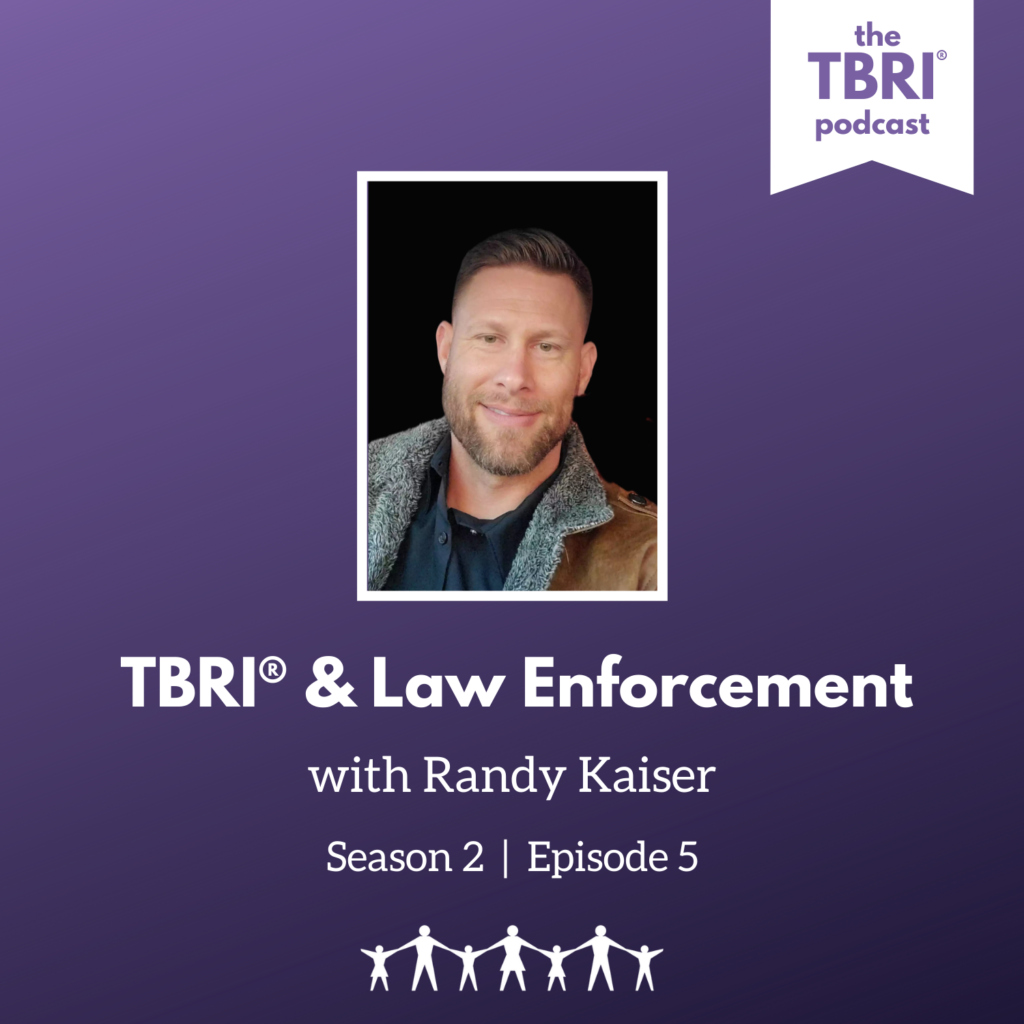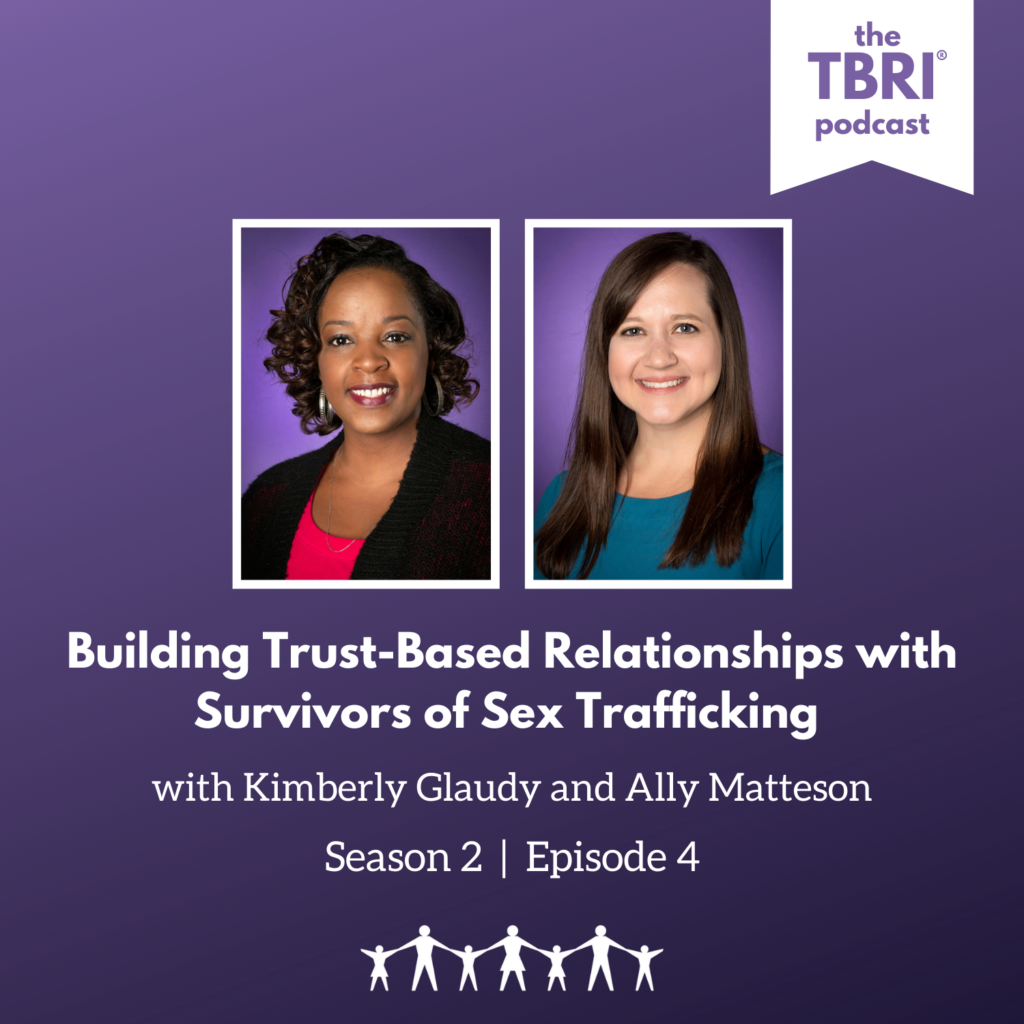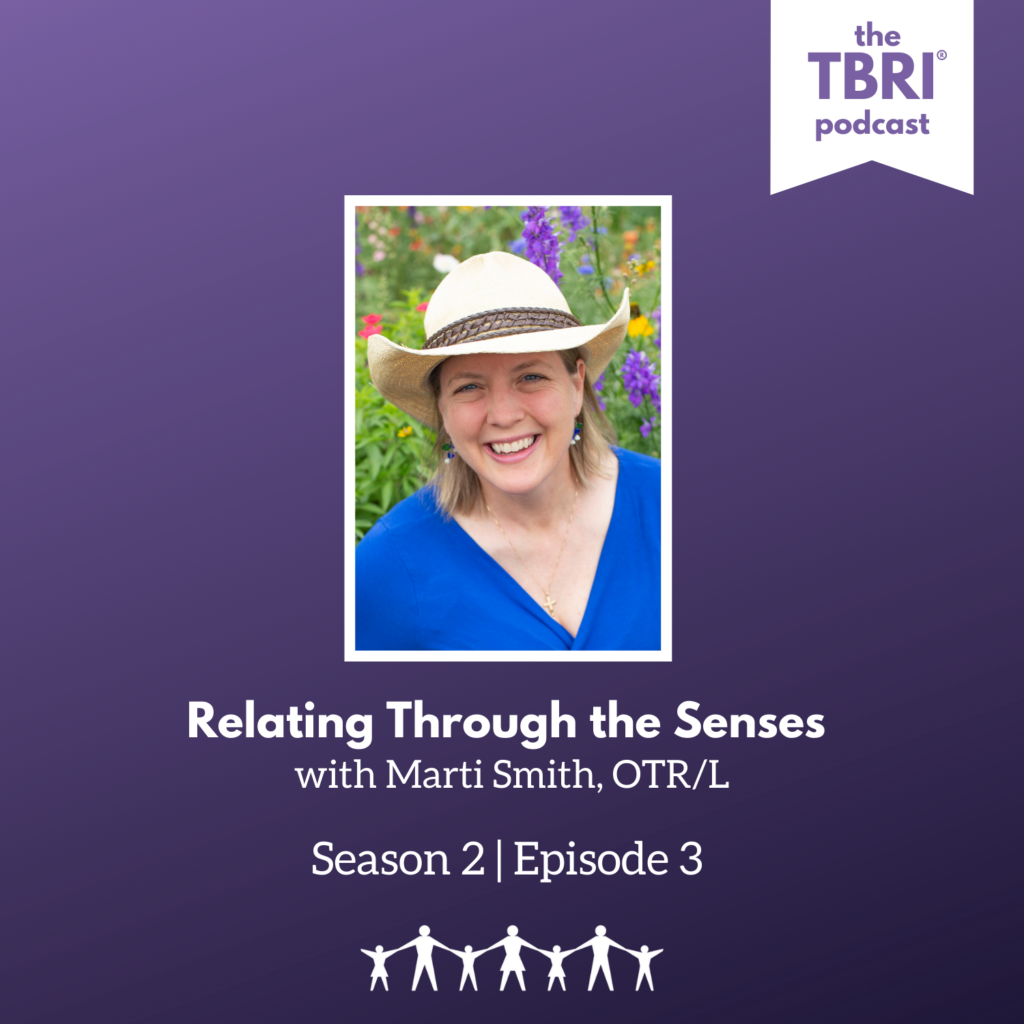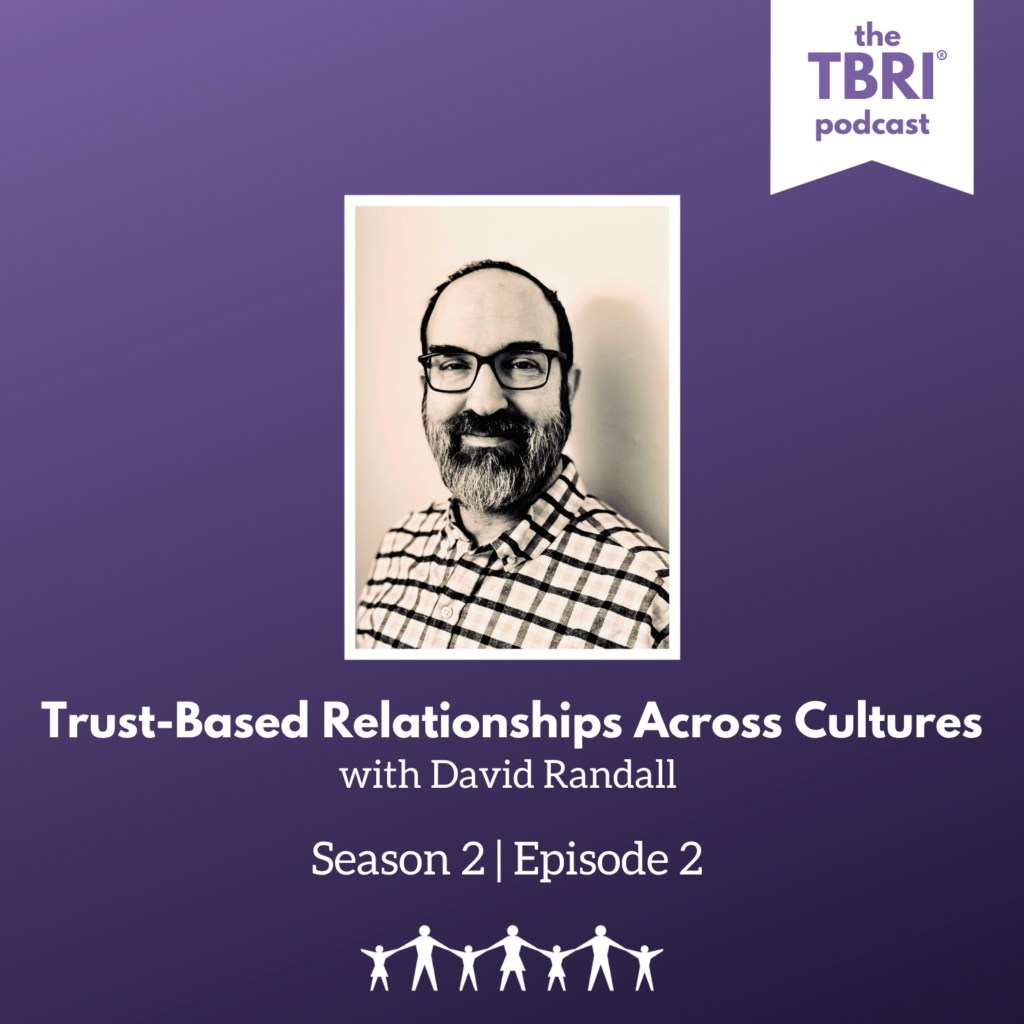by Dr. Erin Razuri
As a research scientist at the KPICD, ‘is TBRI evidence-based?’ is undoubtedly the question I get asked the most, followed by ‘is there research behind TBRI?’ and ‘do you have data on TBRI?’ The short answers are yes, yes, and yes! But because there is often confusion around what it means to be ‘evidence-based’ and what components of TBRI meet the criteria, we’ve got a longer answer to those questions as well.
Many service providers ask about TBRI’s evidence because their organization needs to integrate Evidence-Based Practices (EBPs) into their services, often at the request or requirement of legislators, funders, or other stakeholders. We can think of EBPs as interventions grounded in scientific research that have data to suggest that the intervention is effective. For our purposes, ‘effective’ typically means that studies demonstrate that the intervention improves outcomes for children, youth, and/or families. There are entire clearinghouses, such as the California Evidence-Based Clearinghouse (CEBC) and the Title IV-E Prevention Services Clearinghouse (PSC), dedicated to reviewing and rating the scientific evidence of services and programs in child welfare and related areas. Such clearinghouses evaluate programs using rigorous criteria that researchers must consider when conducting effectiveness studies.
TBRI is rated by both the CEBC and the PSC for ‘Promising’ research evidence. You can find the full ratings at the end of this article. It’s important to note that, for both clearinghouses, it is specifically TBRI Caregiver Training that is rated. This refers to the Caregiver Package that TBRI Practitioners are given to train staff and caregivers after completing Practitioner Training. The use of TBRI principles, practices, and strategies applied in any other context and service setting is not rated…yet.
One of the most important function of the KPICD research team is to continue collecting evidence to evaluate if TBRI ‘works.’ Currently, we are developing research studies that, when published, should help us to advance the EBP status of TBRI. There are two ways we are going about this. First, we are conducting research in topic areas where TBRI is already rated in order to increase the level of research evidence so that we can secure higher ratings. Second, we are conducting research in new topic areas so that we can expand the evidence-base more broadly.
Unfortunately, these are very long processes. To get from designing a research study to publishing findings in an academic journal can take years. Current research that will ‘move the needle’ in EBP include studies on a TBRI curriculum adapted for justice-involved youth, a TBRI Home Visiting Program for families with young children, and TBRI Hope Connection 2.0 family camps. Rest assured that our small-but-mighty team is committed to research that advances TBRI so that we better support service providers and the children, youth, and families you serve.
Did you know . . .
The KPICD research team has compiled a summary of published TBRI research and EBP ratings (TBRI Evidence Summary) that can be shared with funders, organizational leadership, and other stakeholders who are interested in TBRI’s evidence-base. In addition, we maintain a running list of all published TBRI studies (TBRI Select Citations).
To describe TBRI as evidence-based use…
“The Title IV-E Prevention Services Clearinghouse, developed in accordance with the Family First Prevention Services Act, has rated TBRI Caregiver Training a Promising Practice in the topic area of Mental Health Prevention and Treatment.”
“The California Evidence-Based Clearinghouse has rated TBRI Caregiver Training Promising for research evidence in Parent Training Programs with high relevance for child welfare.”
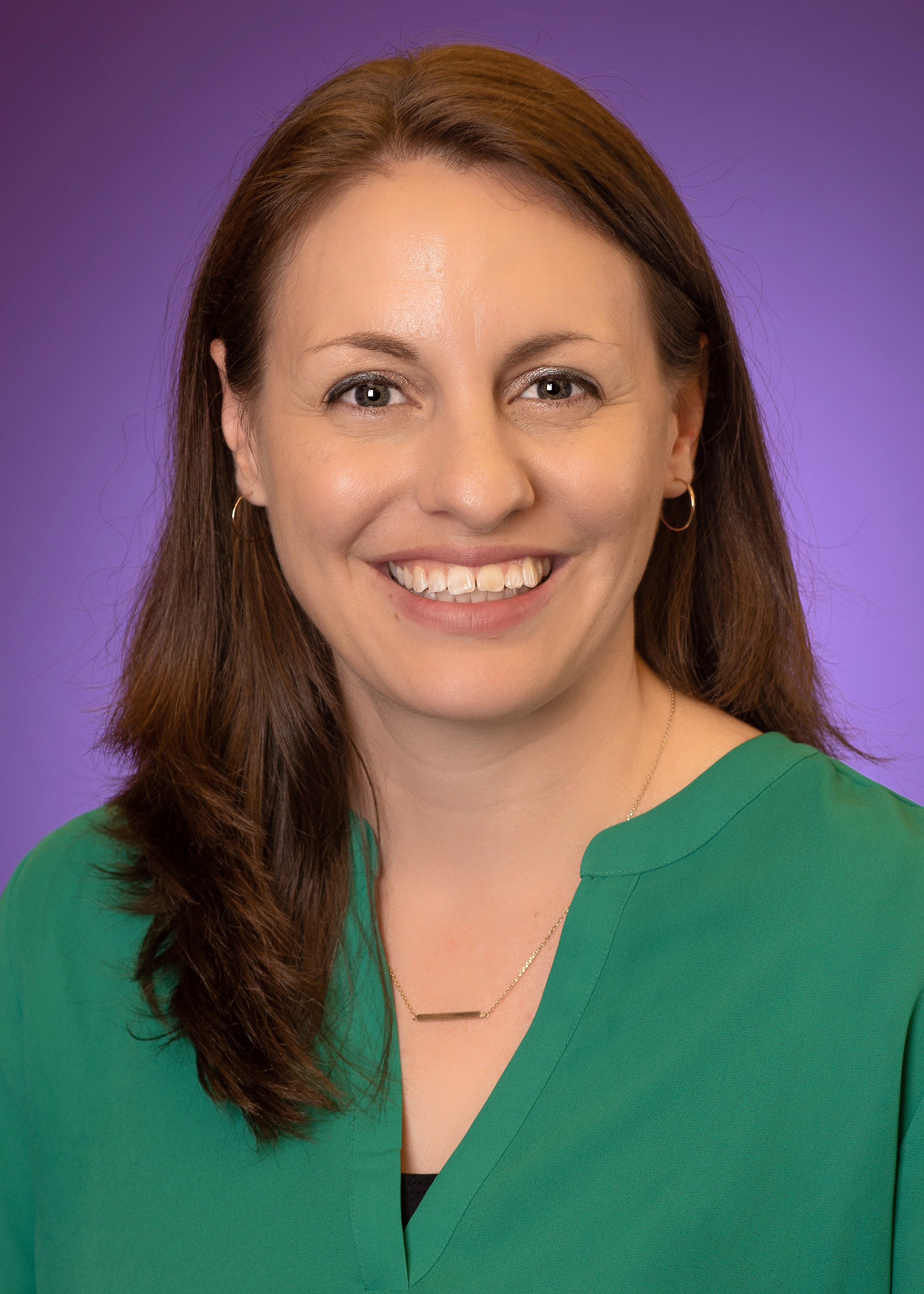 Dr. Erin Razuri is a Research Scientist at the Karyn Purvis Institute of Child Development. In addition to conducting research and evaluation on TBRI, Dr. Razuri functions as the KPICD coordinator for all things evidence-based practice and thus fields many questions about evidence. Dr. Razuri has a Ph.D. in Experimental Psychology and has been with the KPICD (first as a graduate student, then staff) since 2004. As an early devotee to what would become TBRI, Dr. Razuri had the privilege of learning from Dr. Karyn Purvis, who once sent her on an errand to find worms for those infamous baby birds. Dr. Razuri lives in Fort Worth with her husband, two children, and one pandemic puppy.
Dr. Erin Razuri is a Research Scientist at the Karyn Purvis Institute of Child Development. In addition to conducting research and evaluation on TBRI, Dr. Razuri functions as the KPICD coordinator for all things evidence-based practice and thus fields many questions about evidence. Dr. Razuri has a Ph.D. in Experimental Psychology and has been with the KPICD (first as a graduate student, then staff) since 2004. As an early devotee to what would become TBRI, Dr. Razuri had the privilege of learning from Dr. Karyn Purvis, who once sent her on an errand to find worms for those infamous baby birds. Dr. Razuri lives in Fort Worth with her husband, two children, and one pandemic puppy.
